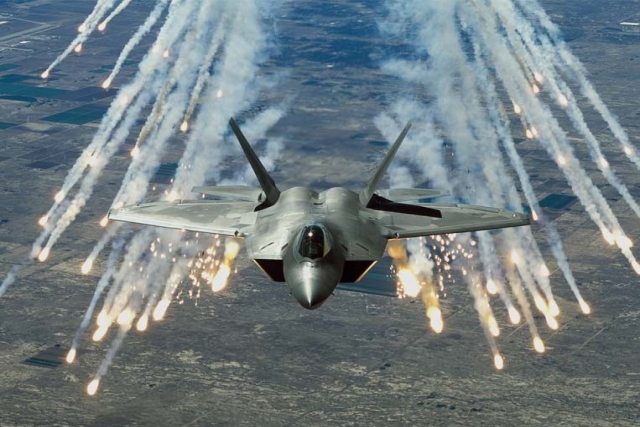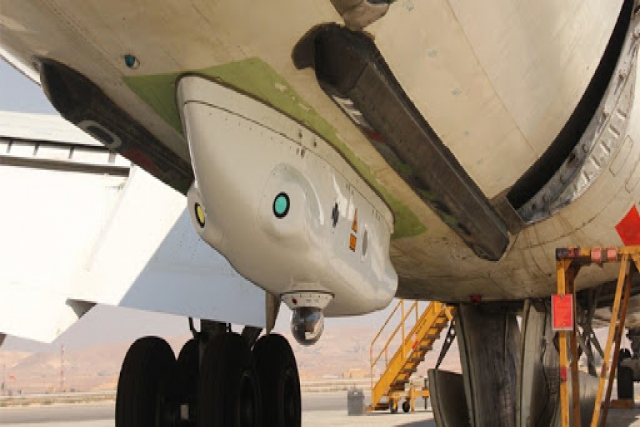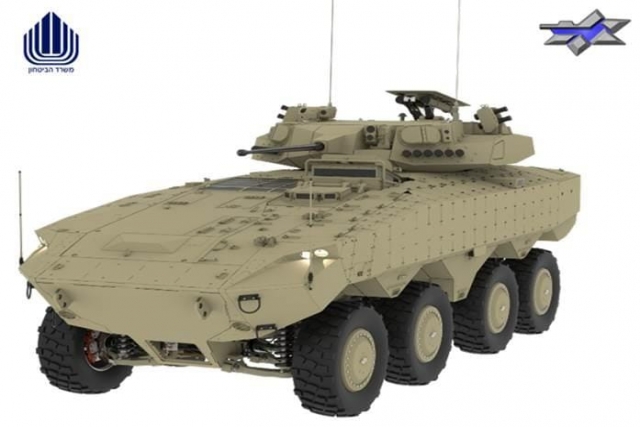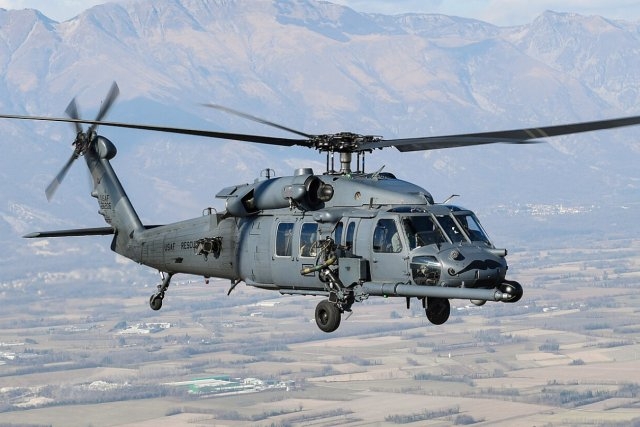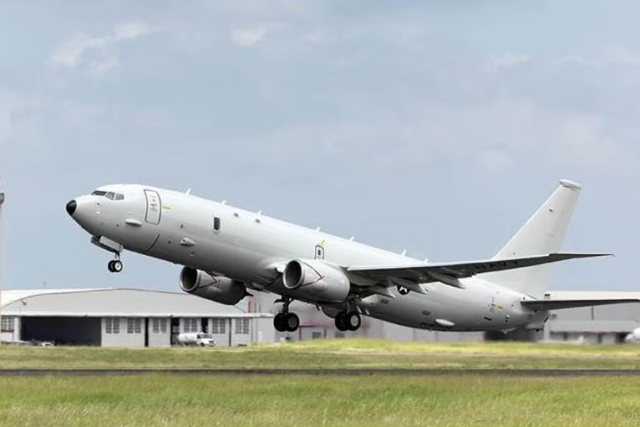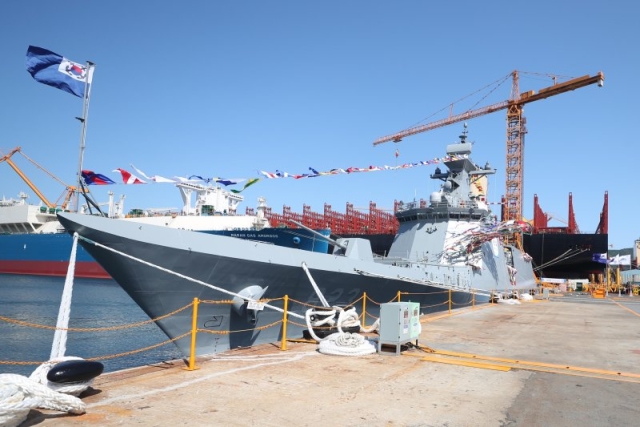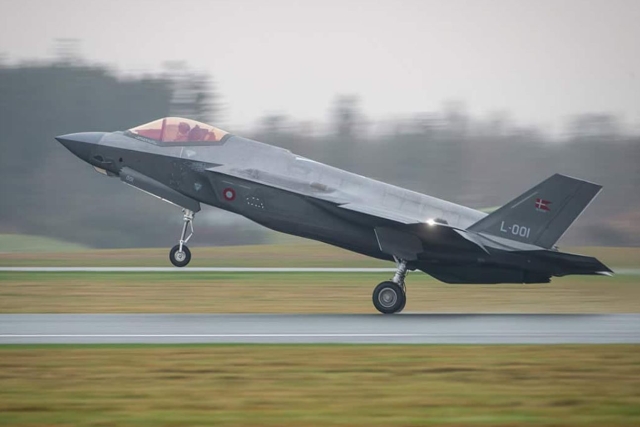US Special Operations Command’s C-130J Planes to get Radio Frequency Countermeasures
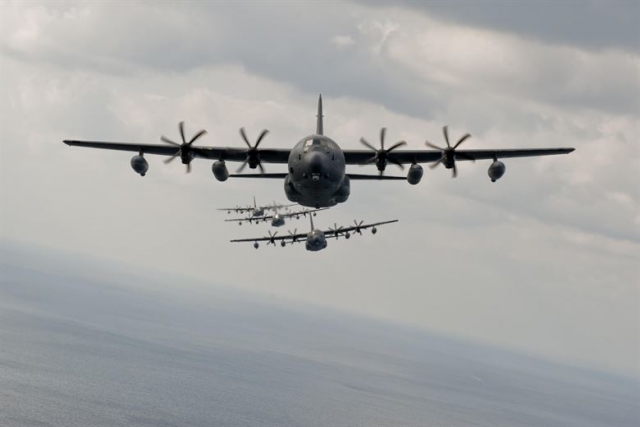
Sierra Nevada Corp., has been awarded $700 million to supply Radio Frequency Countermeasure (RFCM) systems to be integrated onto AC/MC-130J aircraft operated by the U.S. Special Operations Command (USSOCOM).
“Sierra Nevada Corp., was awarded a $700 million contract in support of U.S. Special Operations Command (USSOCOM) for the development and procurement of Radio Frequency Countermeasure (RFCM) systems,” the U.S. Department of Defense said in a statement Wednesday.
The RFCM systems will be integrated onto AC-130J Ghostrider and MC-130J Commando II aircraft operated by Air Force Special Operations Command to help protect aircrews from air- and land-based enemy radar and missile systems. The contract includes RFCM system engineering services, logistics support and spare parts.
The RFCM system is a platform-level solution with fully integrated situational awareness, precision geo-location, and radio frequency countermeasure capabilities.
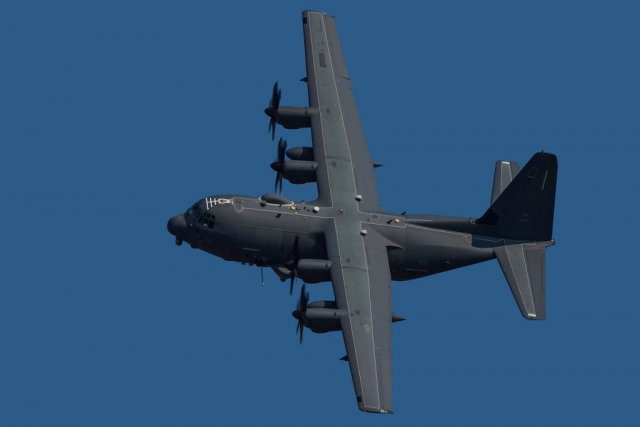
The AC-130J Ghostrider is the heavily armed, long-endurance gunship variant of Lockheed C-130J Super Hercules tactical airlifter. The aircraft is the fourth generation gunship replacing the aging fleet of AC-130U/W gunships. It is armed with the Precision Strike Package (PSP) with 30mm and 105mm cannons and Standoff Precision Guided Munitions (i.e. GBU-39 Small Diameter Bomb (SDB) and AGM-176 Griffin missile).
The MC-130J Commando II multimission combat transport/special operations tanker is replacing the aging special operations forces (SOF) fleet of 37 MC-130E Combat Talon I and MC-130P Combat Shadow tankers. It flies clandestine, or low visibility, single or multiship, low-level air refueling missions for special operations helicopters and tiltrotor aircraft, and infiltration, exfiltration, and resupply of special operations forces (SOF) by airdrop or airland intruding politically sensitive or hostile territories.
